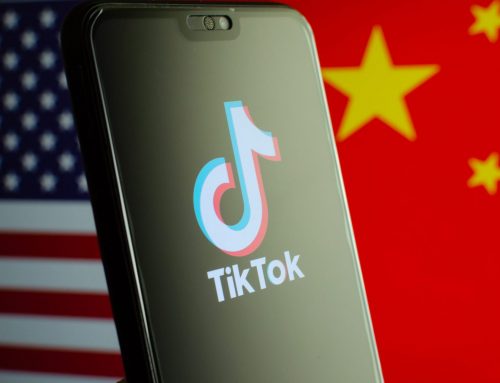The final U.S. presidential debate provided significant fodder for Russian, Chinese, and Iranian state media to criticize the current state of U.S. democracy. Russian state media provided the most extensive coverage of the debate, with the majority of its debate-related coverage focused on criticism of Biden’s remarks, as well as negative assessments of Biden’s performance in comparison to President Trump. Mentions of Russian interference made during the debate elicited the usual claims of “Russiagate” and “Russophobia.” On that topic, Russian state media and diplomats were largely dismissive of the U.S. indictment of six Russian citizens identified as GRU hackers for various cyber incidents, suggesting that the indictment was aimed at domestic U.S. audiences or might serve as pretext for further sanctions on Russia. Similarly, following the announcement that Iran and Russia had both obtained U.S. voter information ahead of the 2020 election (and that Iran had used it to send threatening emails to voters), Russian state media amplified Iranian officials’ denials and emphasized the Kremlin’s denial of any interference from Russia, in some instances returning to the standard “Russiagate” narrative. Iran, for its part, used both its government officials and state media to strike out at the United States, with Supreme Leader Khamenei saying that Americans “have disgraced themselves in the world and their debates” (though this criticism was directed more broadly than just the final U.S. presidential debate). Iran also denied any involvement in the targeting of U.S. voters, labelling them “false accusations.” Curiously, however, for at least two days after U.S. intelligence publicly attributed the e-mail spoofing campaign to Iran, PressTV continued to run a story on its homepage asserting that the Proud Boys were behind the e-mails. On the topic of foreign interference, Chinese state media also criticized the fact that the topic of foreign interference was a part of the presidential debate, though Xinhua’s coverage of the topic focused exclusively on allegations of Russian and Iranian interference. Outside of coverage of the debate and foreign interference topics, Russian state media outlets continued their Hunter Biden media blitz, running dozens of related stories about his alleged business dealings, alleged media bias in the coverage of those allegations, as well as more salacious and unverified details of the leak. Meanwhile, Chinese diplomats and state media commemorated the end of the Korean war—known in China as the War to Resist U.S. aggression—with a series of nationalistic posts. In a continuation of week’s past, Chinese diplomats also continued a heavy messaging push on Xinjiang (#Xinjiang was the third most-used hashtag last week), including one since-deleted post by China’s ambassador to Grenada pointing to the “exploding” Uighur population and questioning whether the decline of white birth rates in Europe and the United States is “the result of the genocide policy pursued by their leaders?” Finally, Tehran-linked accounts celebrated the expiration of wide-ranging arms export limitations imposed on the Islamic Republic prior to the Iran nuclear deal. The Trump Administration had attempted to extend the export bans but failed to rally sufficient support for the idea at the UN.
The views expressed in GMF publications and commentary are the views of the author alone.








